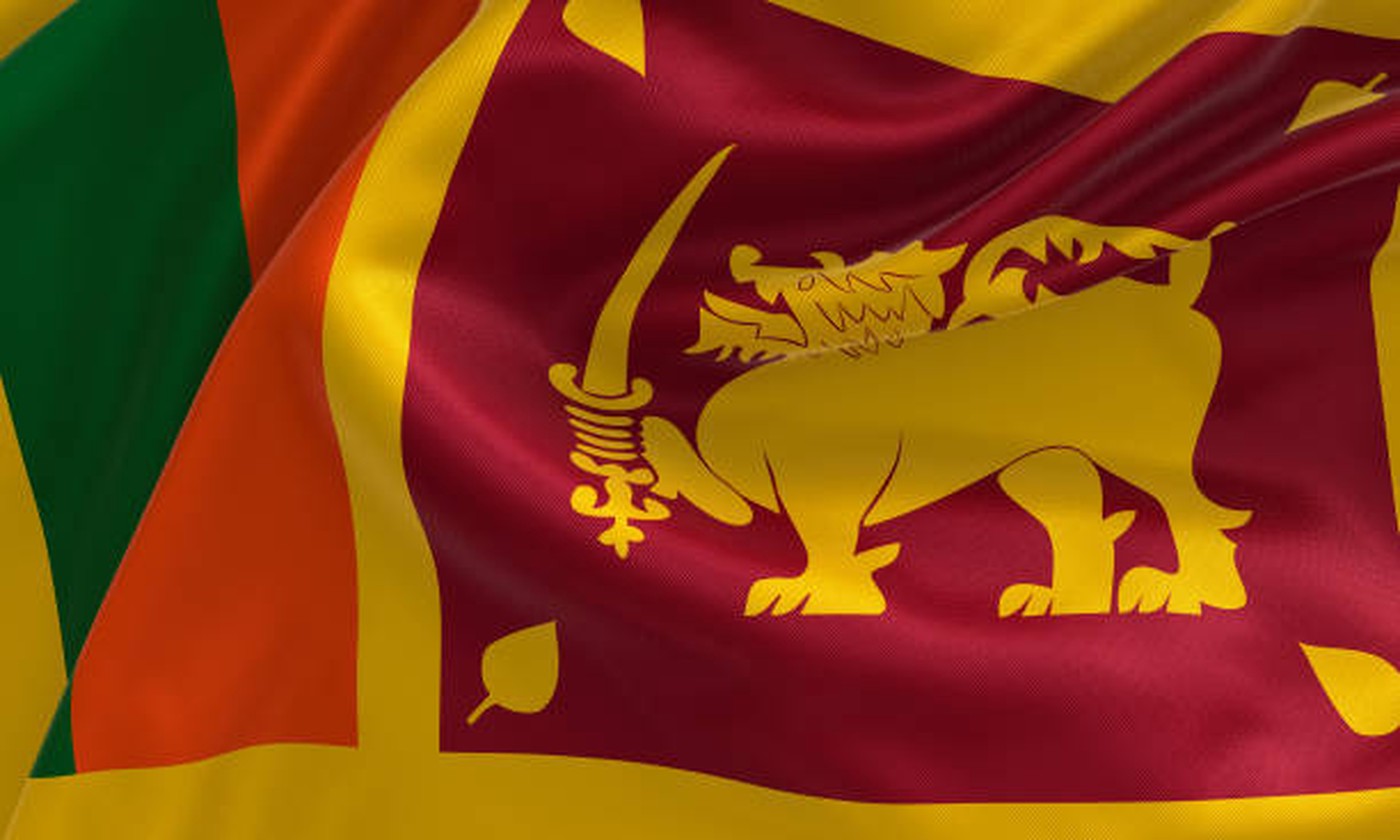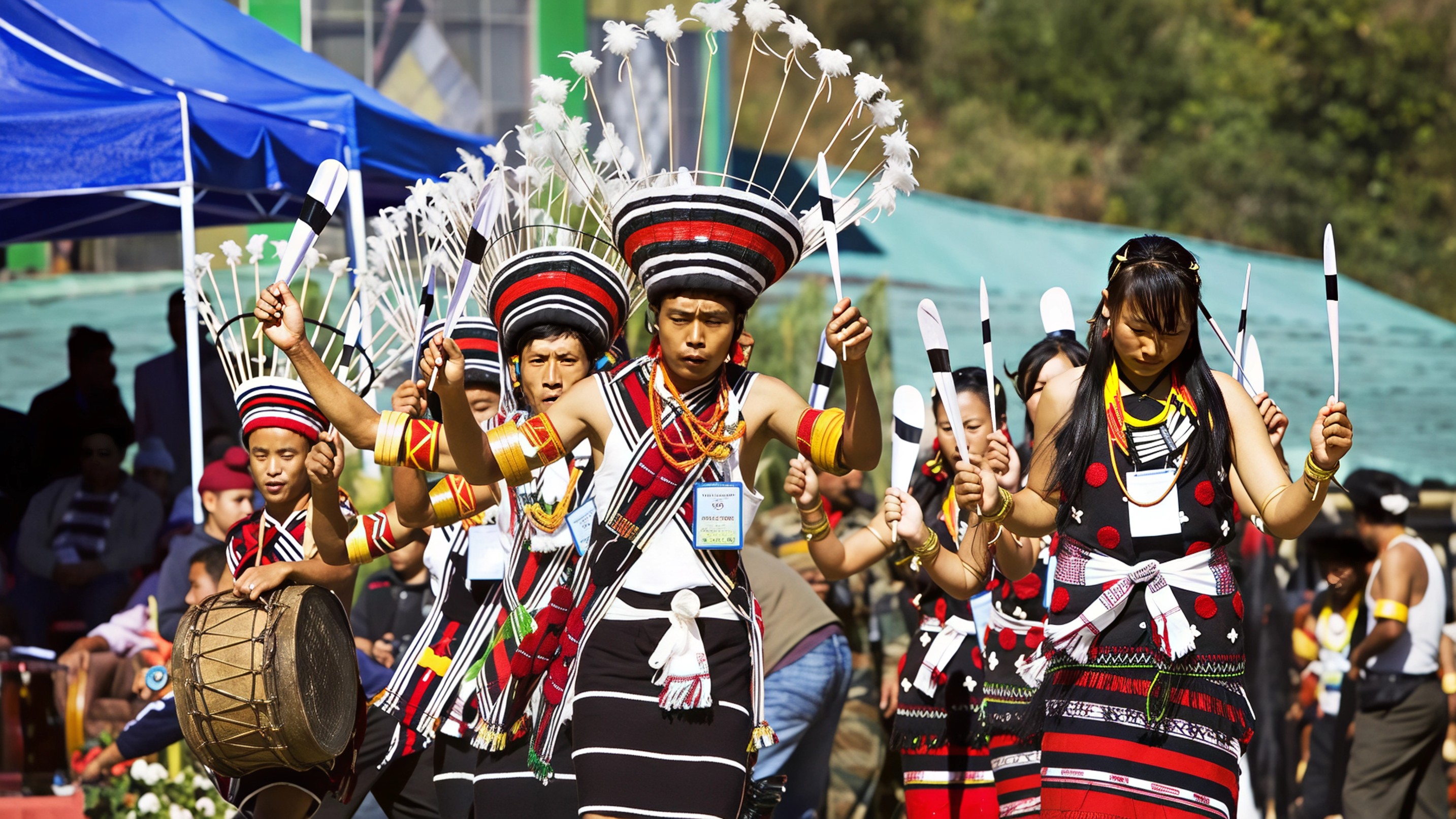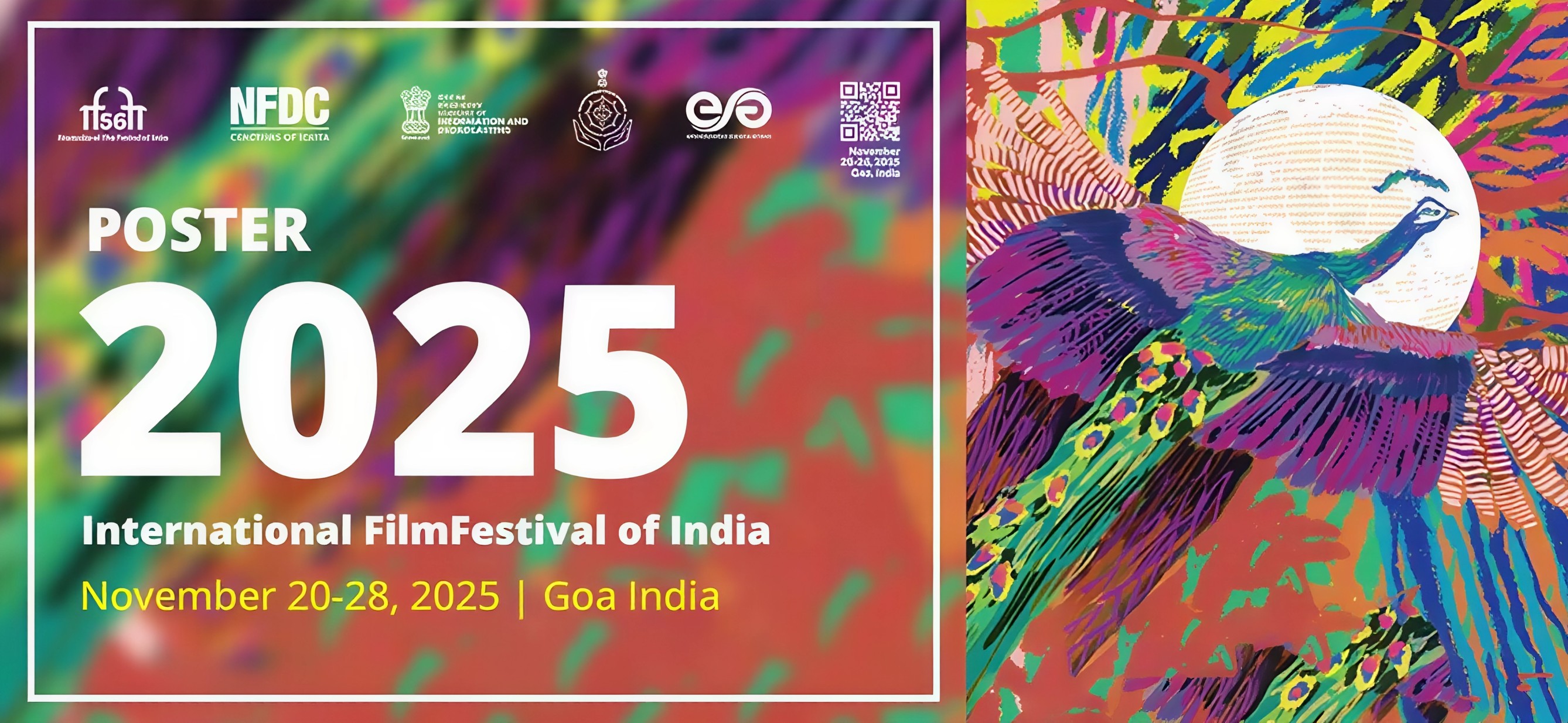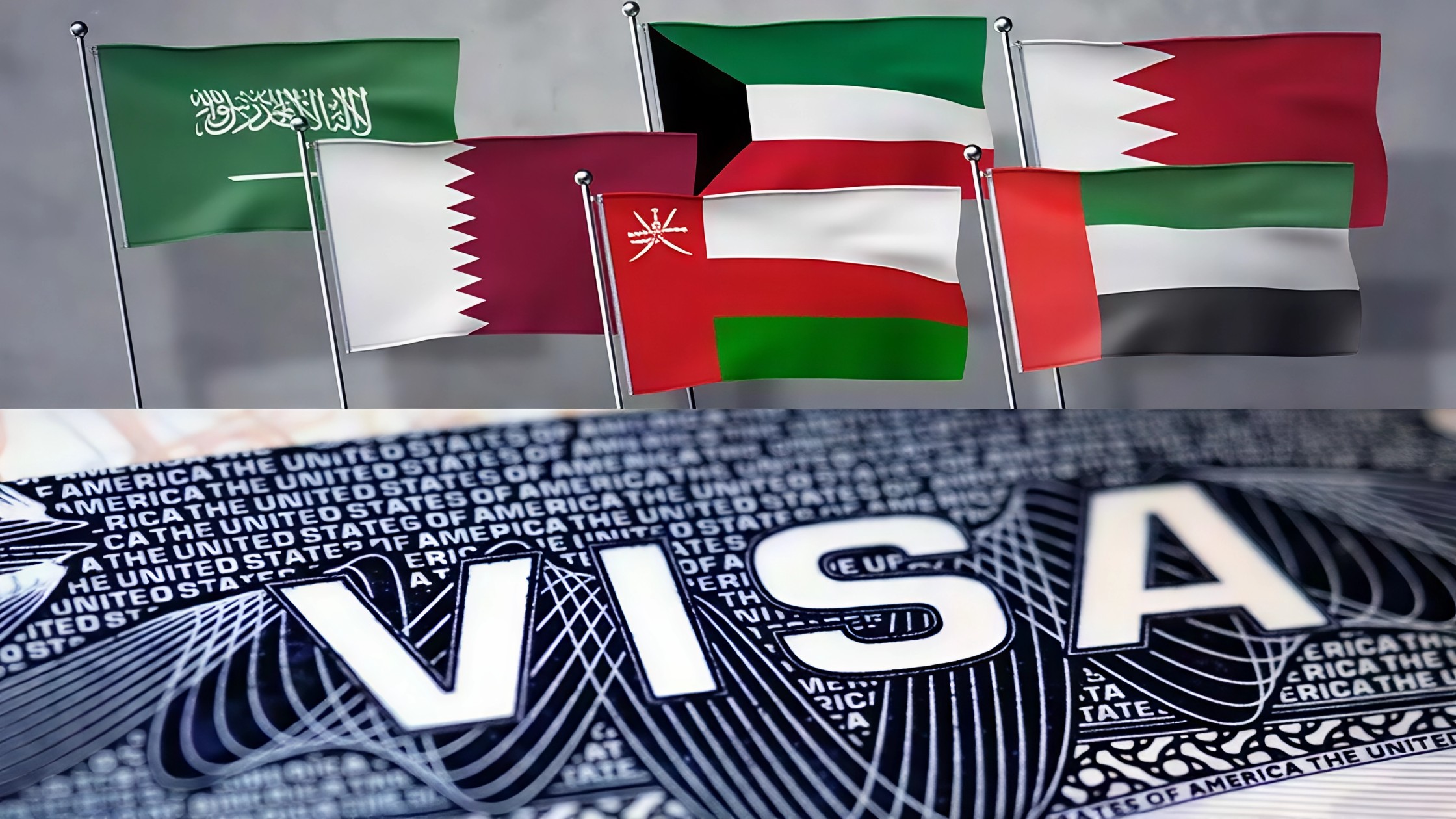Sri Lanka has stirred controversy by instructing thousands of Russians and Ukrainians with expired extended visas to leave the country within two weeks. This decision comes amidst public outcry over allegations of discriminatory practices and illicit activities by Russian-operated businesses, which reportedly enforced a "whites only" policy, preventing locals from entering.
Immigration authorities, citing expired visas, have directed Russian and Ukrainian residents to depart by February 23. The Sri Lankan Tourism Ministry received complaints about overstaying visitors engaging in unauthorised business activities, including the establishment of restaurants and nightclubs, as well as employing foreigners and using non-local payment methods.
Tourism Minister Harin Fernando addressed concerns regarding illegal enterprises operated by certain Russians in the southern region of Sri Lanka. Following consultations with immigration authorities, raids were conducted to address the issue.
However, the decision to mandate the departure of Russians and Ukrainians without Cabinet endorsement prompted an investigation by President Ranil Wickremesinghe's office. The government clarified that no official decision has been made to revoke visa extensions for Ukrainian and Russian tourists.
In efforts to boost the tourism sector amidst economic challenges, Sri Lanka previously implemented visa-on-arrival for 30 days and allowed extensions of up to six months. Following the conflict between Russia and Ukraine in February 2022, many Russian and Ukrainian tourists remained in Sri Lanka, with records indicating significant numbers visiting the island.
Despite this, the exact number of Russians and Ukrainians residing in Sri Lanka on extended visas remains undisclosed.
The decision to terminate long-stay visas for Russians and Ukrainians in Sri Lanka has ignited a debate over immigration policies and allegations of discriminatory practices. As the government addresses concerns and investigates the situation, the impact on tourism and diplomatic relations remains uncertain.








